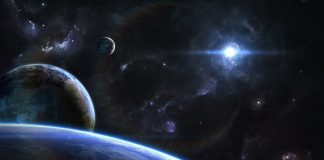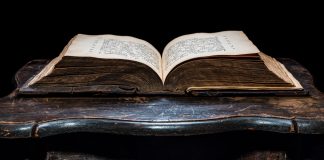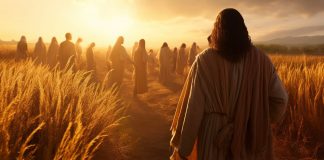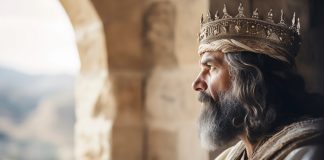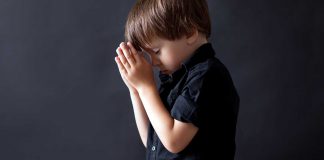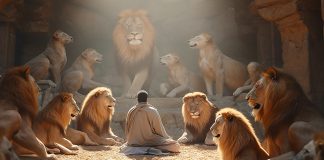The crossless Cross
The mention of the city of Rio de Janeiro evokes images of the traditional carnival or the vast, exotic beaches such as Ipanema and Leblon. But most often we think of the huge monumental statue representing Christ the Redeemer (Cristo Redentor) with wide, open arms, looking down towards humanity from the top of Mount Corcovado (700m).
Knowledge sharing in Christian communities
Whether we are cooking, repairing things, or solving life's problems, we are always learning from each other. However, when it comes to certain areas, including church life, the interchange of experiences is lacking. Communities often keep their ideas, and especially their mistakes, to themselves. Can we rediscover the deeply biblical nature of knowledge sharing?
Community, connection, church
Recently, my wife and I got hooked on a TV show. We’d wait in anticipation for the latest episode each week. The show was Old people’s home for 4-year-olds. The basic premise? Take a class of cheeky, energetic, curious four-year-olds (some of who lacked a filter) and have them spend a significant amount of time with the elderly residents of an aged-care facility.
Can God be removed from history?
“Is God dead?” was the question on the cover of Time magazine on April 8, 1966. Three-and-a-half years later (December 26, 1969), the publication changed that to: “Is God coming back to life?”
The meaning you find on your way back
In Western tradition, starting with Thales of Miletus, philosophers have always sought answers to questions that transcend the material, tangible world. One of the most burning questions that has lasted for centuries and has troubled many enlightened minds is the dilemma of the meaning of life.
King, emperor, reformer
The Carolingian Renaissance must be understood as a "reform and reconfiguration of all peoples under the reign of Charles, with a view to creating a Christian territory in its institutional structures, moral conduct, and personal convictions."
What did Jesus believe about the Sabbath?
"Do not think that I have come to abolish the Law or the Prophets; I have not come to abolish them but to fulfill them" (Matthew 5:17).
The shadow of the throne
In the heart of the most powerful man in Judea, a greater fear than any other was born: the fear of losing control. Herod's story could be our story.
Where do we get the Light from?
Let the one who walks in the dark, who has no light, trust in the name of the Lord and rely on their God. – Isaiah 50:10
The revival of Christian morality
"With architecture we build buildings, with mechanics we build machines; is there no place among the sciences for one dedicated to human beings? Ethics is capable of working out the principles according to which a person must be 'built' in order to be truly human" (Traian Herseni).
Case closed…32 years later
"Even if you're imprisoned for life, that's still a short time. After that, Jesus will come back. All you have to do is try to make the best of the situation you're in' (Lindy Chamberlain).
How God heals a marriage that is lost
Kent Hansen kindly agreed to talk to us about the most painful episode of his life, the loss of his wife. Beyond the sadness, it is a discussion rich in emotion and lessons for us all.
The dechristianisation of France | A history of failure
Thousands of street names changed because they referred to Christian saints, Catholic priests forced to marry, Jesus Christ described as a revolutionary—these are some of the stupefying details of the French Revolution.
The God Who takes cares of all my needs
“And my God will meet all your needs according to the riches of his glory in Christ Jesus” (Philippians 4:19).
Daniel: on the pedestal of history
On the pedestal of history, holding the flame of freedom—that's how the Book of Daniel has stood since it first appeared, more than 2500 years ago, and how it continues to stand today. It is a divinely inspired introduction to the book of Revelation, and together they represent the extension of the gospel beyond the apostolic generation up until the return of Christ,...















